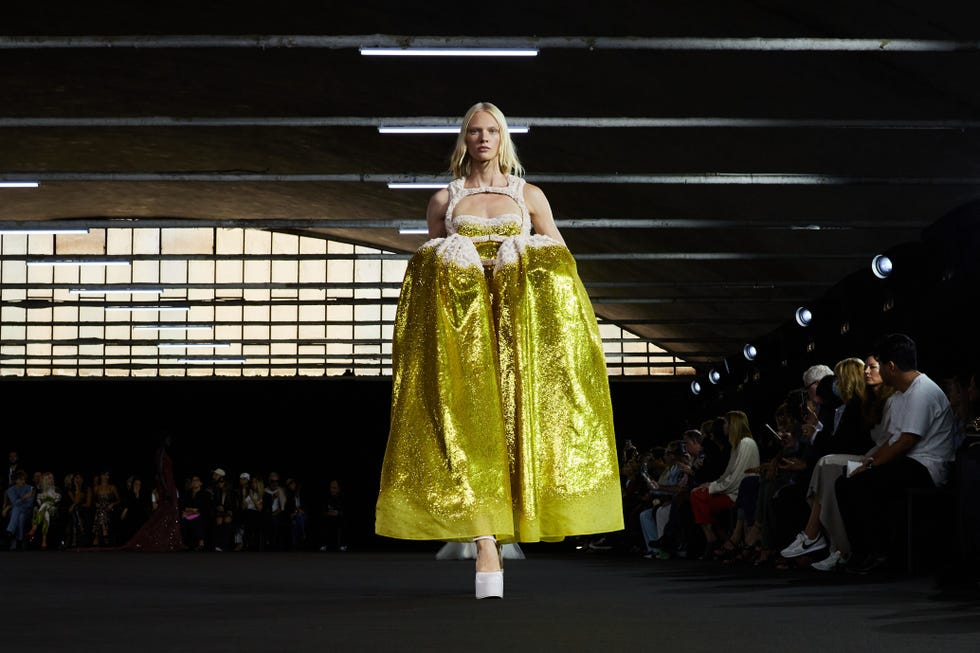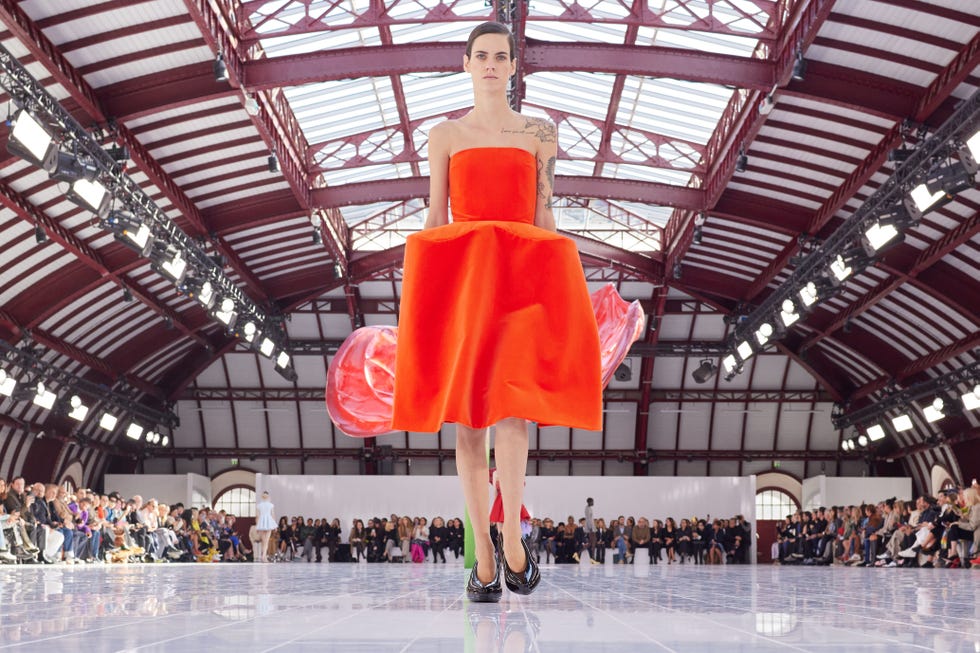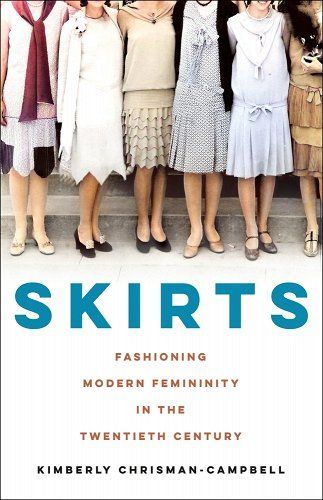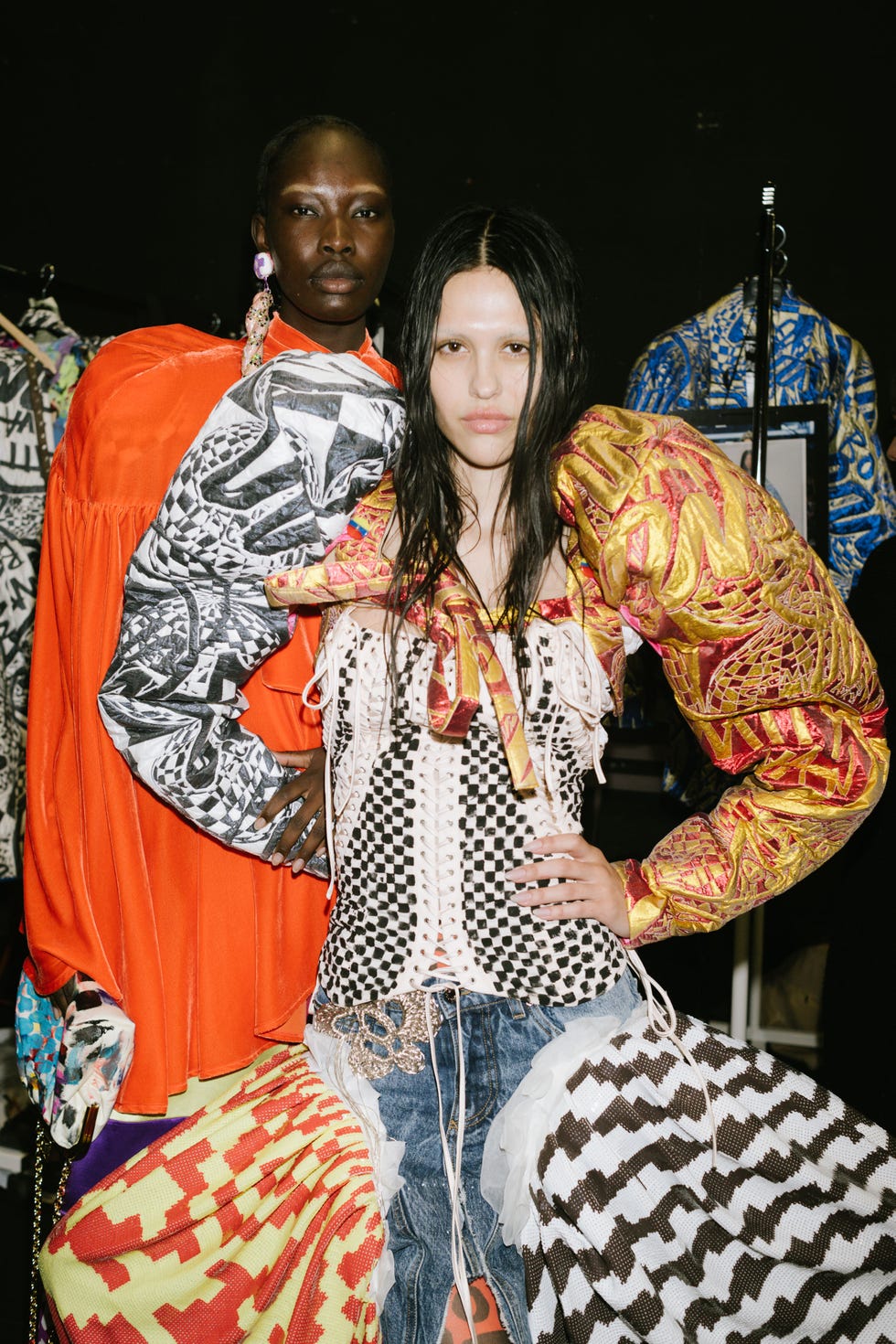The Pannier Trend Returns for Spring 2023
Design and style Details is a weekly column about how manner intersects with the wider environment.
Of all the matters to re-enter the fashion chat for spring, an 18th-century accoutrement that has zero true-planet practicality was possibly not on anyone’s bingo card. Even so, panniers, or hooped petticoats undergirding the hips, and their 16th- and 17th-century relations, farthingales, stepped out of the heritage guides and on to the spring runways. Their access provided both equally massive names (Dior, Loewe) and climbing abilities (Elena Velez, Matty Bovan, Del Main).
The pannier could as perfectly be a vestigial organ of fashion at this place: You in all probability affiliate the motif most with pre-revolution Marie Antoinette. That reported, designers like Jean Paul Gaultier and Sarah Burton have shown riffs on the topic over the very last few a long time. Which is why Valerie Steele, the director and chief curator of the Museum at the Style Institute of Technologies, doesn’t perceive the craze as a immediate return to the interval, but as a reference to more modern day designers who ended up on their own referencing these motifs, like Christian Lacroix, Alexander McQueen, and Vivienne Westwood. Consider of it as a match of style Telephone.
Dr. Kimberly Chrisman-Campbell, a vogue historian and creator of publications like Skirts: Fashioning Modern Femininity in the 20th Century, agrees. “I do consider all these collections have been filtered by way of the lens of 1980s historicism—the New Romantics, Westwood’s mini-crini, and Lacroix’s pouf,” she claims. “Both the ’80s and the 18th century were being ages of excess and maximalism in costume, so it will make sense that they are again as we arise from the pandemic energized about style and dressing up once again.”
Says Chrisman-Campbell, “A more substantial skirt intended much more fabric, and thus much more revenue and ability. A rigid understructure like a pannier or farthingale supported and showed off all that material more efficiently and additional easily than levels of petticoats.”
As cumbersome as these variations have been to put on, they were being also counterintuitively liberating, or at least to some degree threatening to the social get. Male critics attacked them for currently being unnatural in their sculpting of the system, employing language that is eerily comparable to afterwards critiques of corsets, padded bras, Spanx, and even plastic surgical procedures. The design and style was also considered to inspire promiscuity, considering the fact that it obscured no matter if or not the wearer was pregnant. “People think that ladies in the past had been [completely] victims of patriarchy,” Steele suggests. “But while patriarchal modern society was very potent, and women had quite handful of authorized or socioeconomic legal rights, let on your own political types, however, in the presentation of their human body, girls had appreciable say. And just one of the techniques that they stated, ‘I am an important human being, choose account of me,’ was through their self-presentation.”
When it is unlikely we’ll see panniers creating a comeback off-runway—door frames would have to get a great deal wider, for a person thing—this concept of ladies taking up place stays a provocative 1 4 hundreds of years afterwards. Steele references the British psychologist John Carl Flügel, who wrote about the link between major clothes and earning a huge perception. “Just the measurement of this costume,” she notes, “is stating ‘pay attention.’”
That variety of sartorial genuine estate has the very same outcome even now. “In the previous, extravagant garments was a way that girls who experienced funds but no genuine voice in modern society could make by themselves noticed and heard,” Chrisman-Campbell claims. “Today, vogue is comparatively very affordable, and quite a few more ladies are financially independent, with the usually means to take part in vogue. But, at the same time, they are currently being silenced or disregarded in other locations. It’s hard to dismiss anyone who is taking up actual physical area, and vogue is an efficient way of executing that—we just noticed a excellent example of this with Tems at the Oscars,” in her elaborate, see-obscuring veil. Just as trendlets like bimbocore and “Free the Nipple 2.0” truly feel like response ripples to the Dobbs ruling, so does the weaponizing of area through voluminous style.
Which might make clear why so a lot of designers appeared to have a pre-guillotine Marie Antoinette on their mood boards. Not to mention that in a time of inflation, ballooning economic inequality, and bank runs, her heyday may perhaps also truly feel uncomfortably acquainted. As Steele says of the pre-crash 1980s types by the likes of Lacroix: “They were being very a great deal dancing on the edge of the precipice. It’s like before the revolution.”
To Steele, even though, the pattern reads less as social commentary and far more as a seasonal pendulum swing. “If previous season you had been emphasizing the naked body, and if this period you are emphasizing the physique that is taking up area, perfectly, in both equally instances, you are emphasizing bodies,” she concludes, “which is really significantly what vogue is about.”

ELLE Trend Functions Director
Véronique Hyland is ELLE’s Vogue Characteristics Director and the creator of the book Gown Code, which was chosen as one particular of The New Yorker’s Ideal Textbooks of the Year. Her creating has formerly appeared in The New York Instances Magazine, The New Yorker, W, New York journal, Harper’s Bazaar, and Condé Nast Traveler.





